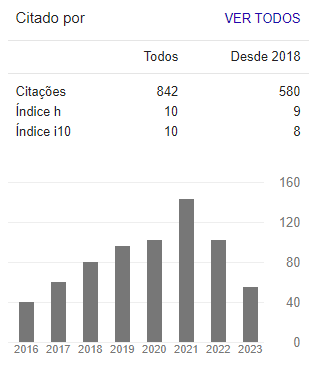Submission of articles: FronteiraZ 37 - 50 years of the military coup in Argentina – literature and the authoritarian experience in the Southern Cone
Editors:
Amanda Lacerda de Lacerda
Universidade Estadual de Campinas
Leonardo da Silva Claudiano
Pontifícia Universidade Católica de São Paulo
Valéria Gomes Ignácio da Silva
Pontifícia Universidade Católica de São Paulo
Deadline for submission of articles: June 10/2026






 Este obra está licenciada com uma Licença
Este obra está licenciada com uma Licença 